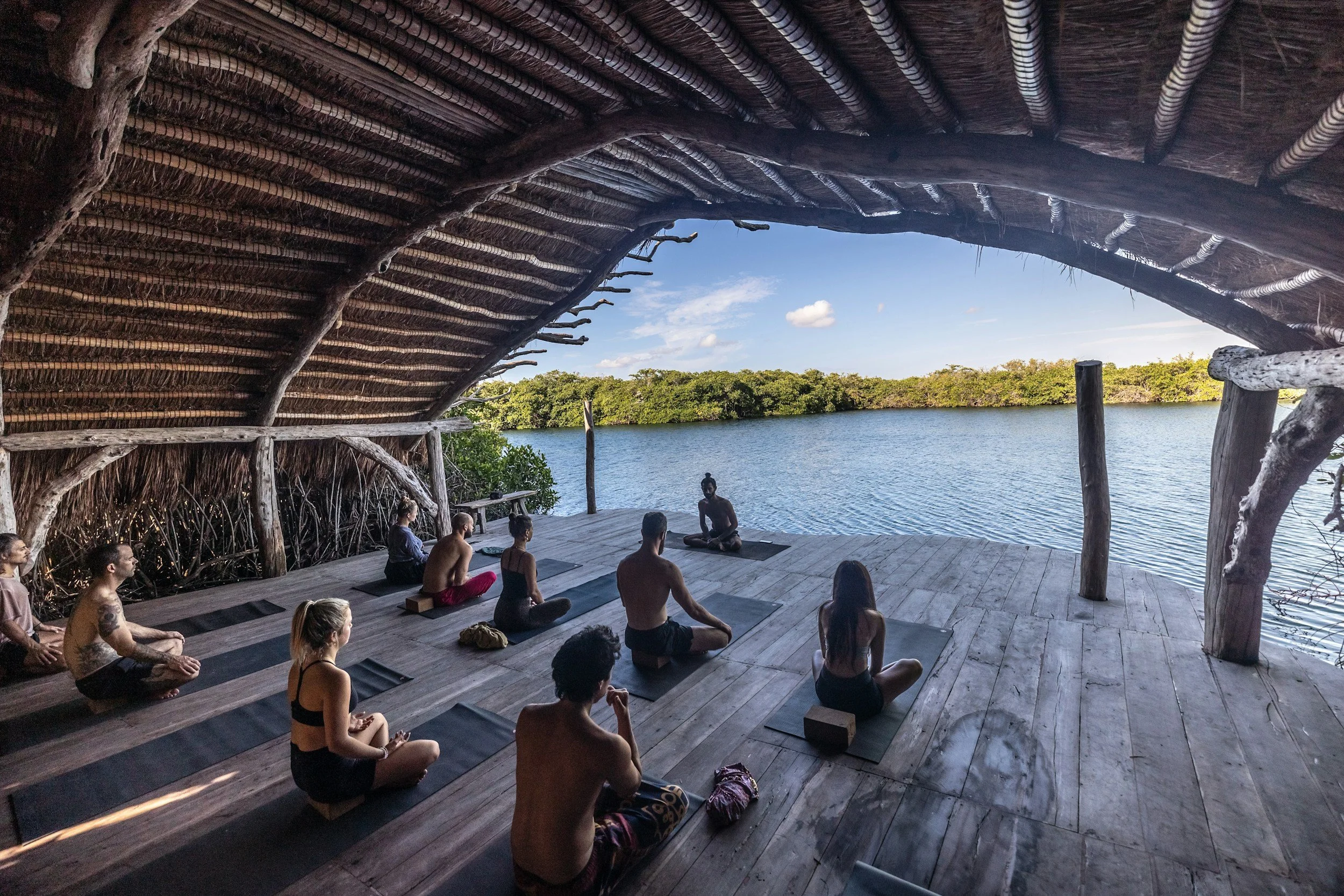Making Sustainable Travel More Inclusive: Strategies and Solutions
Sustainable travel has shifted from a trend to a responsibility. Yet, the movement often feels out of reach for many travelers due to cost, accessibility or lack of awareness. Making sustainable travel truly inclusive requires thoughtful strategies that balance environmental consciousness with social equity.
1. Make Sustainable Options Affordable
As many as 23% of Americans haven’t traveled internationally, some due to the high cost and lack of opportunity to leave the country. Eco-lodges and green tours often have an even higher price tag, deterring many travelers. Subsidies, community partnerships and sliding-scale pricing can make these options more attainable. Airlines and public transport providers can also offer loyalty programs or discounted rates for eco-friendly choices, encouraging a broader audience to engage in sustainable travel practices.
2. Prioritize Accessibility
Sustainable travel shouldn’t be synonymous with exclusivity. Hotels, attractions, and transport options must be accessible to people with disabilities, families with young children and older travelers. Doing so includes incorporating wheelchair-friendly infrastructure, clear signage and adaptive tours that cater to varied mobility levels.
For example, Zion National Park in Utah has multiple accessible trails, including the Pa’rus Trail — a 1.5-mile-long and 8-foot-wide path designed to accommodate wheelchairs and walking visitors. Other activities can also be more accessible, such as adaptive kayaking programs, audio-guided museum tours and tactile exhibits for visually impaired tourists.
3. Educate and Empower Travelers
Knowledge is power. Travelers need clear guidance on how their choices impact the environment and local communities. Campaigns that explain simple actions like reducing single-use plastics or supporting local businesses can make a significant difference. Storytelling that highlights sustainable tourism's cultural and ecological benefits can motivate travelers to act responsibly without feeling restricted.
4. Engage Local Communities
Sustainability also involves creating equitable experiences for those who call these destinations home. Inclusive travel initiatives should collaborate with local communities to offer authentic experiences that benefit everyone involved. This ensures tourism revenue supports local livelihoods, preserves cultural heritage and strengthens community resilience.
5. Use Technology for Inclusion
Digital tools can bridge the gap in knowledge, affordability and accessibility. Apps can provide real-time information on eco-friendly accommodations, accessible routes or community-led tours. Virtual tours can also introduce sustainable travel concepts to those unable to visit physically, making the movement more globally inclusive.
6. Adopt Flexible Travel Policies
Rigid booking rules and high penalties can exclude travelers with limited financial flexibility. Offering flexible cancellation policies, refundable deposits and adaptable itineraries allows more people to plan trips responsibly. Flexibility also encourages experimentation with sustainable travel without the fear of losing money.
7. Diversify Marketing to Reach All Travelers
Too often, sustainable travel marketing focuses on a narrow audience —often affluent travelers. By showcasing diverse visitors in campaigns, destinations can signal that everyone is welcome. When people see travelers like themselves featured in promotional materials, they're more likely to feel included and inspired to participate.
8. Support Multi-Sensory Experiences
Sustainability is about inclusivity in every sense. Multi-sensory experiences such as guided nature walks with audio descriptions, cooking classes with locally sourced ingredients or artwork shops using natural materials can engage travelers of all abilities. These activities create meaningful connections to a destination without high physical exertion, making them accessible to a wider audience while still promoting eco-friendly values.
9. Encourage Off-Peak and Lesser-Known Destination Travel
Popular tourist spots often face overcrowding, which strains the environment and local communities. Encouraging travelers to visit during off-peak seasons or explore lesser-known destinations spreads the benefits of tourism more evenly and reduces environmental impact. This also opens opportunities for travelers who may prefer quieter, less hectic experiences, particularly families with young children, older travelers or those with sensory sensitivities.
Sustainability for Everyone, Everywhere
Inclusive, sustainable travel should be the future of tourism. When more people can participate, this form of tourism becomes stronger, more resilient and more impactful.
Sea Going Green is a sustainable tourism consultancy that works together with hotels, resorts and tourism operators to support sustainable tourism efforts. Want to know more? Get in touch.
Search the Blog….
Visit us on Instagram




















